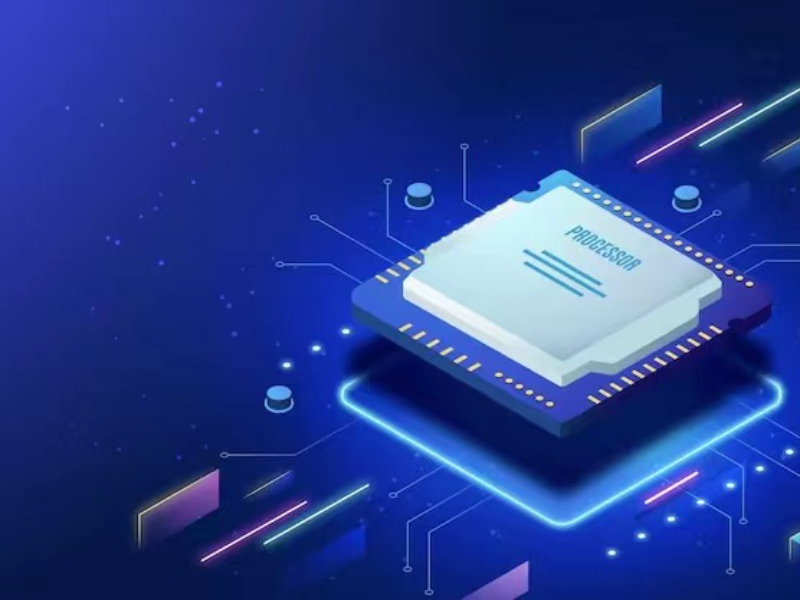- Intel’s ambitious AI-chip initiatives falter as key partnerships fail to materialize
- Intel scrapped $500 million Gaudi chip sales forecast for 2024
What happened
Intel‘s upbeat revenue forecast on Oct. 31 masked a pain point for the beleaguered company: its claimed artificial intelligence chip, the Gaudi accelerator chip, did not meet sales expectations. Intel scrapped the $500 million Gaudi chip sales forecast for 2024. Despite the optimistic total revenue forecast, Intel shares rose about 5% in early trading on Nov. 1. However, its shares are still down more than 50 percent this year as the chipmaker missed the AI boom and struggled to turn a profit.
Gaudi’s failure highlights Intel’s ongoing struggles in artificial intelligence. Intel’s ambitious AI chip plans are facing a serious setback as the company grapples with its own expectations. According to Intel, “No company can turn 100 percent of its channels into revenue. We are deeply sorry for setting ambitious internal goals for our team, and we will always strive to exceed the goals we set for ourselves.”
Overall, Intel reported revenue of $13.3 billion in the third quarter, beating analysts’ expectations. Excluding impairment and restructuring charges, the company reported a loss of $16.6 billion.
Also read: A year on, Intel’s touted AI-chip deals have fallen short
Also read: Down More Than 50%, Can Intel Stock Rebound on New Foundry Plans?
What it’s important
Intel’s challenges in the AI chip market highlight major shifts taking place in the semiconductor industry that have implications for both technology consumers and investors. The rise of agile startups like Hugging Face underscores a growing trend of small companies disrupting established giants by offering innovative, user-friendly AI solutions. Hugging Face, for example, is known for its open-source natural language processing tools and attracts a vibrant community of developers and businesses eager to leverage AI without the complexity of larger corporations. This not only demonstrates the power of community-driven innovation but also underscores the broader trend toward accessible AI technologies.
Intel’s struggles reflect the urgency for large companies to adapt quickly to changing market demands. As competitors such as NVIDIA continue to improve their products and gain market share, Intel’s failure to deliver on its promises could jeopardize its long-term relevance. This situation serves as a stark reminder that technology leadership requires not only investment but also a deep understanding of customer needs and market trends.

